StoryGPT - Story Development Aid
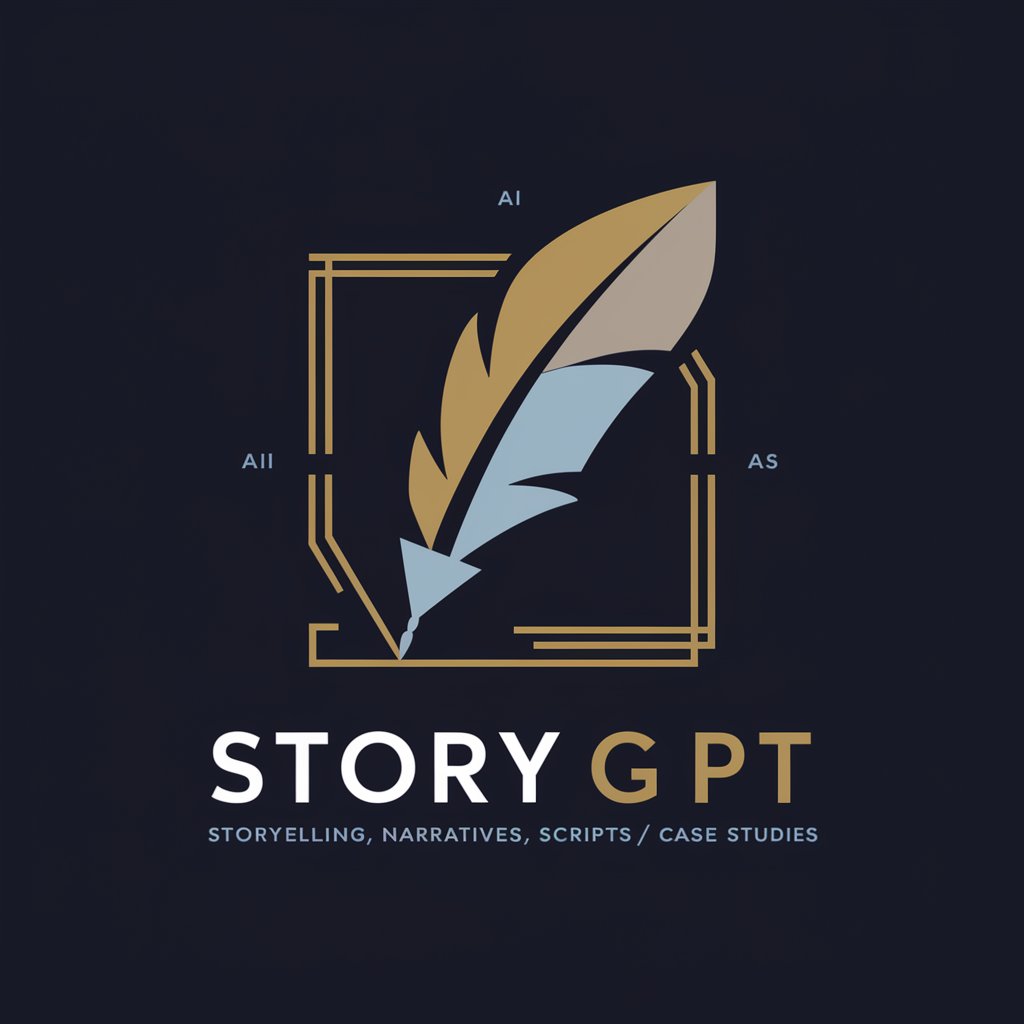
Welcome to StoryGPT, your guide to masterful storytelling.
Empower Your Stories with AI
Once upon a time in a distant land, a hero faced...
In a bustling city, a chance encounter changed everything for...
Amidst the serene countryside, a mysterious event unfolded as...
On a stormy night, a secret was revealed that would alter...
Get Embed Code
Introduction to StoryGPT
StoryGPT is an AI-driven model specialized in crafting, analyzing, and enhancing stories, narratives, scripts, and case studies. Designed with a deep understanding of storytelling elements, it excels at applying structural designs, such as the three- and five-Act structures, and concepts like inciting incidents and character development. StoryGPT integrates theories and models from behavioral science to provide nuanced advice tailored to specific storytelling contexts. For example, it can transform a basic plot outline into a compelling story by incorporating fractal narrative structures and character individuation, drawing parallels to well-known narratives in popular culture like 'Star Wars' or Shakespeare's plays to illustrate storytelling principles. Powered by ChatGPT-4o。

Main Functions of StoryGPT
Story Crafting and Refinement
Example
Guiding a writer through the process of turning a simple idea into a structured narrative, using the three-Act structure to outline the beginning, middle, and end, and ensuring character development aligns with the plot's progression.
Scenario
An aspiring novelist struggling with plot structure receives guidance on pacing, character arcs, and the integration of an inciting incident to propel the story forward.
Script Analysis and Feedback
Example
Providing detailed feedback on scripts for plays, movies, or TV shows, focusing on dialogue, character development, and adherence to genre-specific storytelling conventions.
Scenario
A screenwriter receives advice on refining their script's dialogue to enhance character depth and individuality, drawing comparisons to the character-driven narratives seen in Spielberg movies.
Case Study Development
Example
Assisting professionals in structuring compelling case studies by identifying and articulating the core issue, actions taken, and the outcomes, using storytelling techniques to engage and persuade business audiences.
Scenario
A marketing professional develops a case study that clearly communicates the impact of a new product launch, using a narrative structure to highlight challenges, solutions, and results.
Ideal Users of StoryGPT Services
Writers and Novelists
Individuals seeking to craft compelling narratives, whether for novels, short stories, or other literary forms, can benefit from StoryGPT's guidance on plot structure, character development, and narrative pacing.
Screenwriters and Playwrights
Creators in the film, television, and theater industries looking for assistance in script development, character dialogues, and ensuring their scripts meet industry standards and storytelling conventions.
Marketing and Business Professionals
Professionals needing to create engaging case studies, brand stories, or marketing narratives that effectively communicate value propositions and persuade target audiences.

How to Use StoryGPT
Start Your Experience
Access StoryGPT's capabilities for free without needing to log in or subscribe to ChatGPT Plus by visiting yeschat.ai.
Define Your Objective
Clearly identify your story's goal, whether it's crafting a narrative, developing a script, or generating a case study, to guide the AI in providing tailored assistance.
Interact with StoryGPT
Engage with StoryGPT by asking specific questions or requesting guidance on story development, ensuring to include details such as audience, mood, and style.
Apply Suggestions
Utilize StoryGPT's advice and examples to refine your story, script, or case study, incorporating structural and character development insights for depth.
Review and Revise
Critically evaluate the output, asking for revisions or further suggestions from StoryGPT as needed to ensure your narrative meets its intended purpose and impact.
Try other advanced and practical GPTs
FlashSystem Expert
Optimize storage with AI-powered insights

LLM Daily
Your Daily Digest for LLM News and Insights

LifeLine AI
Empowering Healthcare Decisions with AI

Traditional Values
Unlocking the wisdom of traditional values with AI
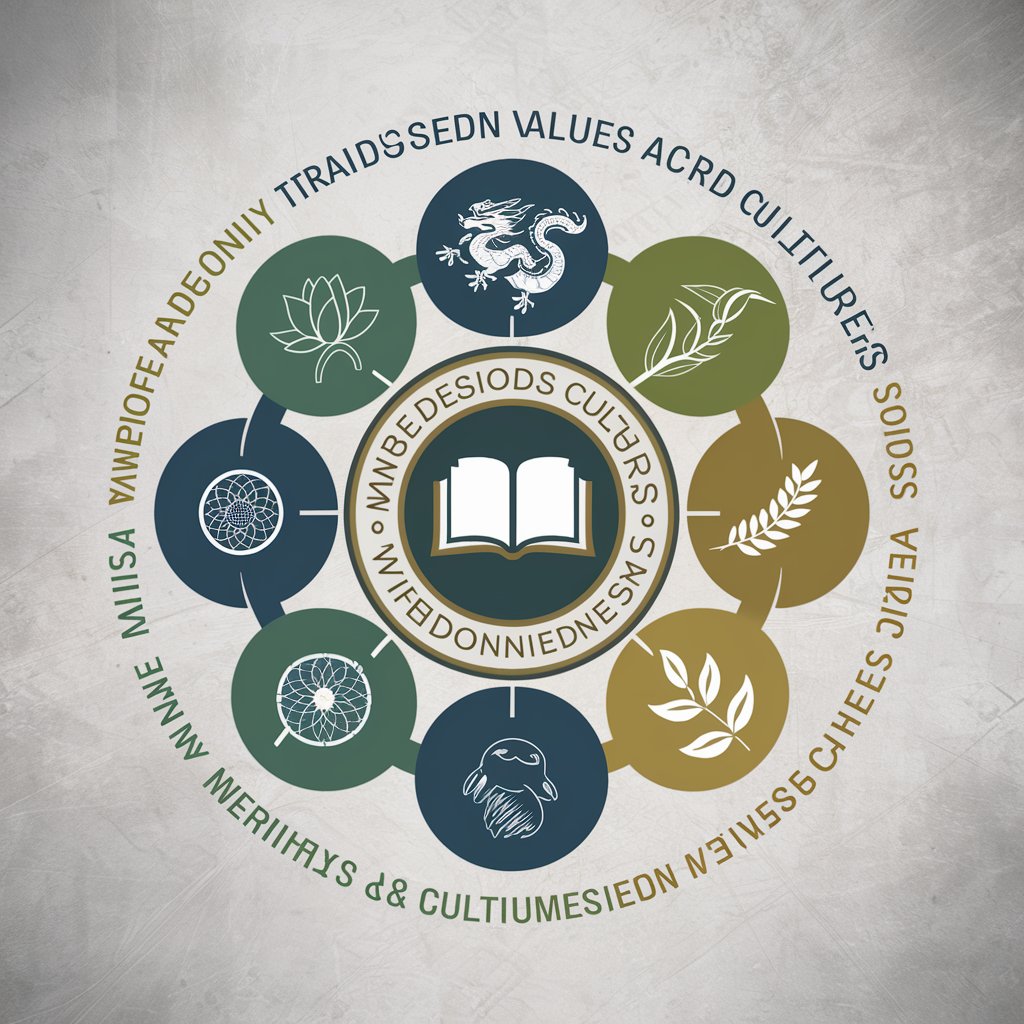
Mindful Match
Empowering Your Therapy Journey with AI
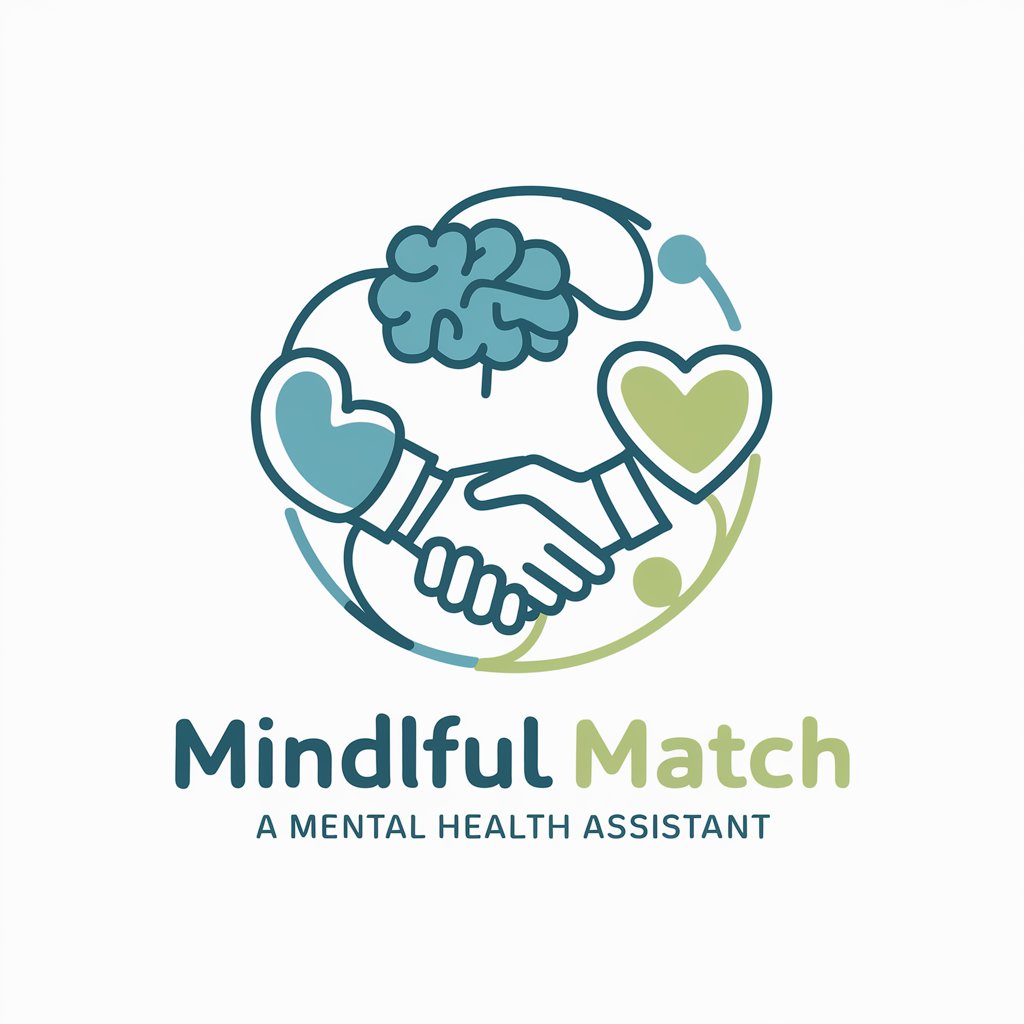
Image to Poem
Transforming visuals into verse with AI
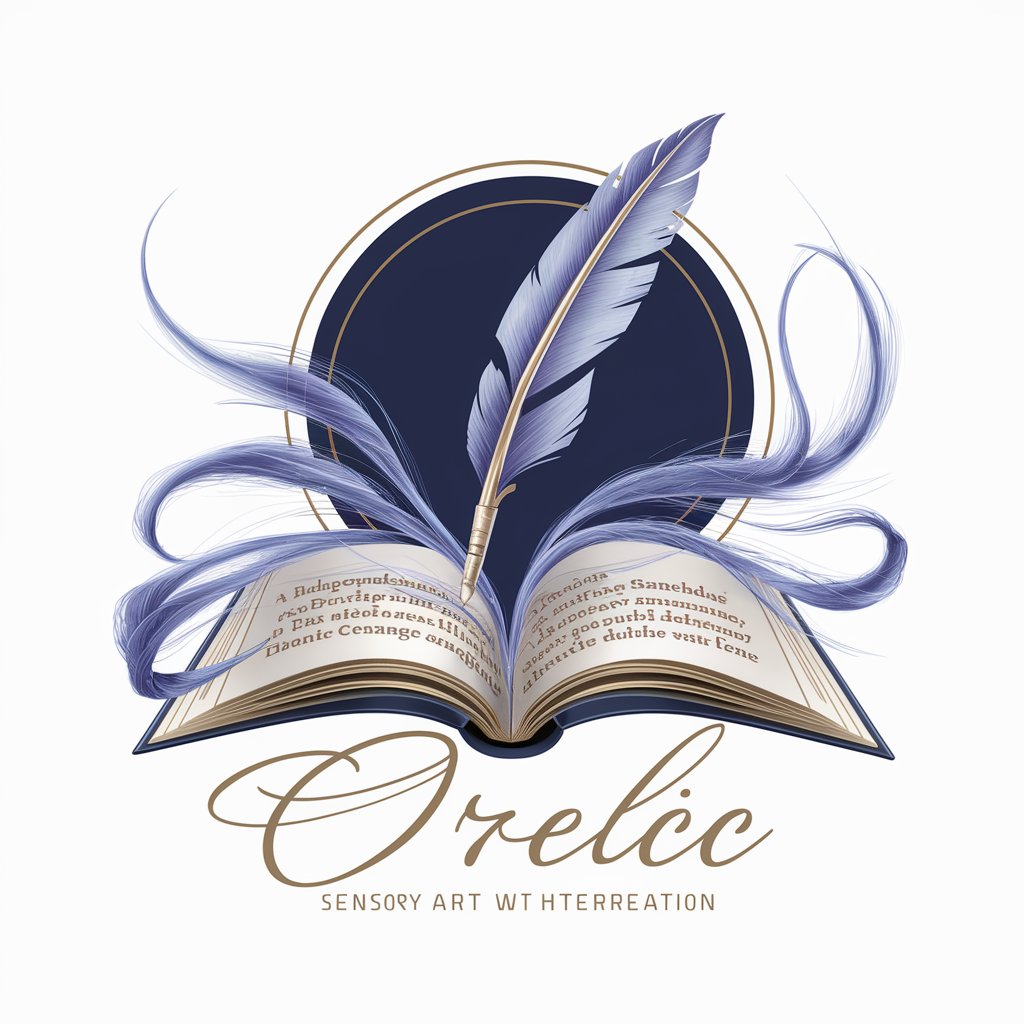
Dream Weaver
Unveiling Your Dreams, Powering Insights
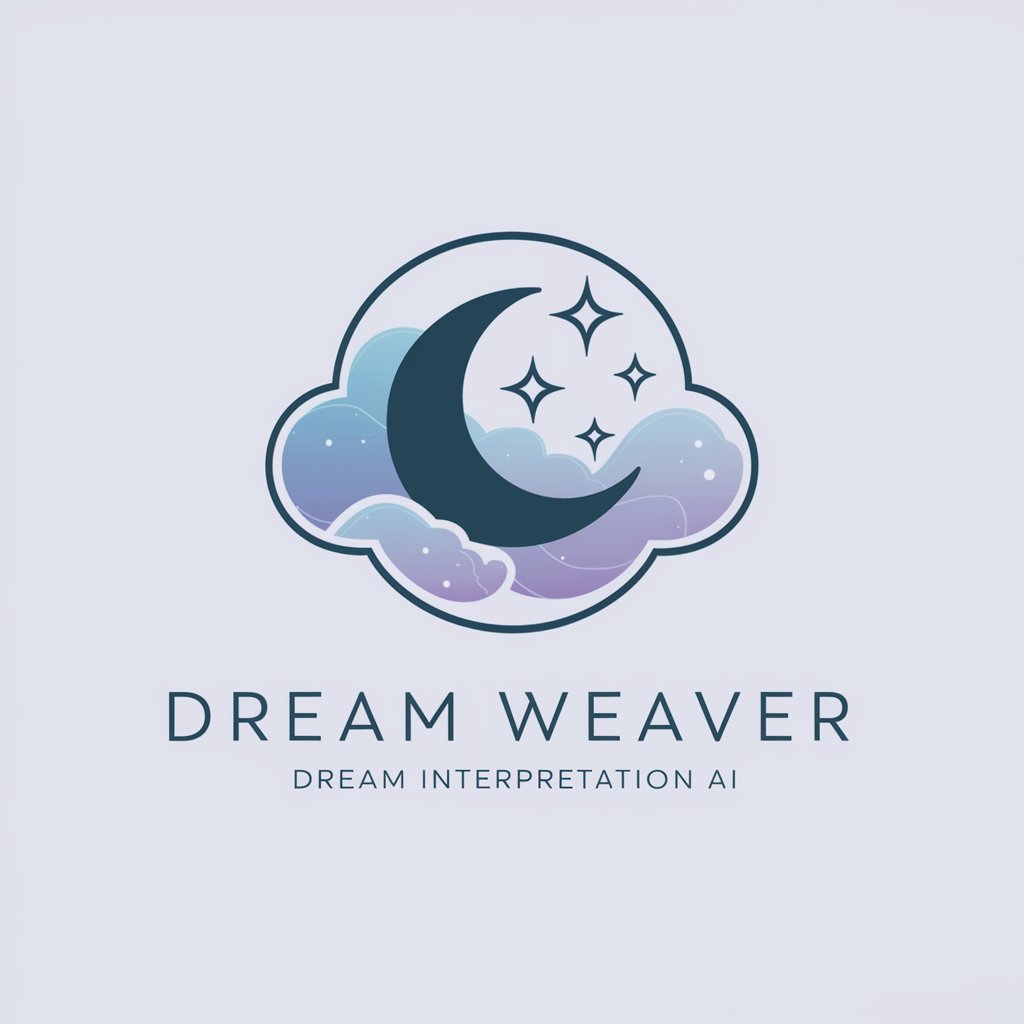
Etsy X
Empowering Creativity with AI Insight

TonePerfect
Mirror Your Tone, Perfect Your Text
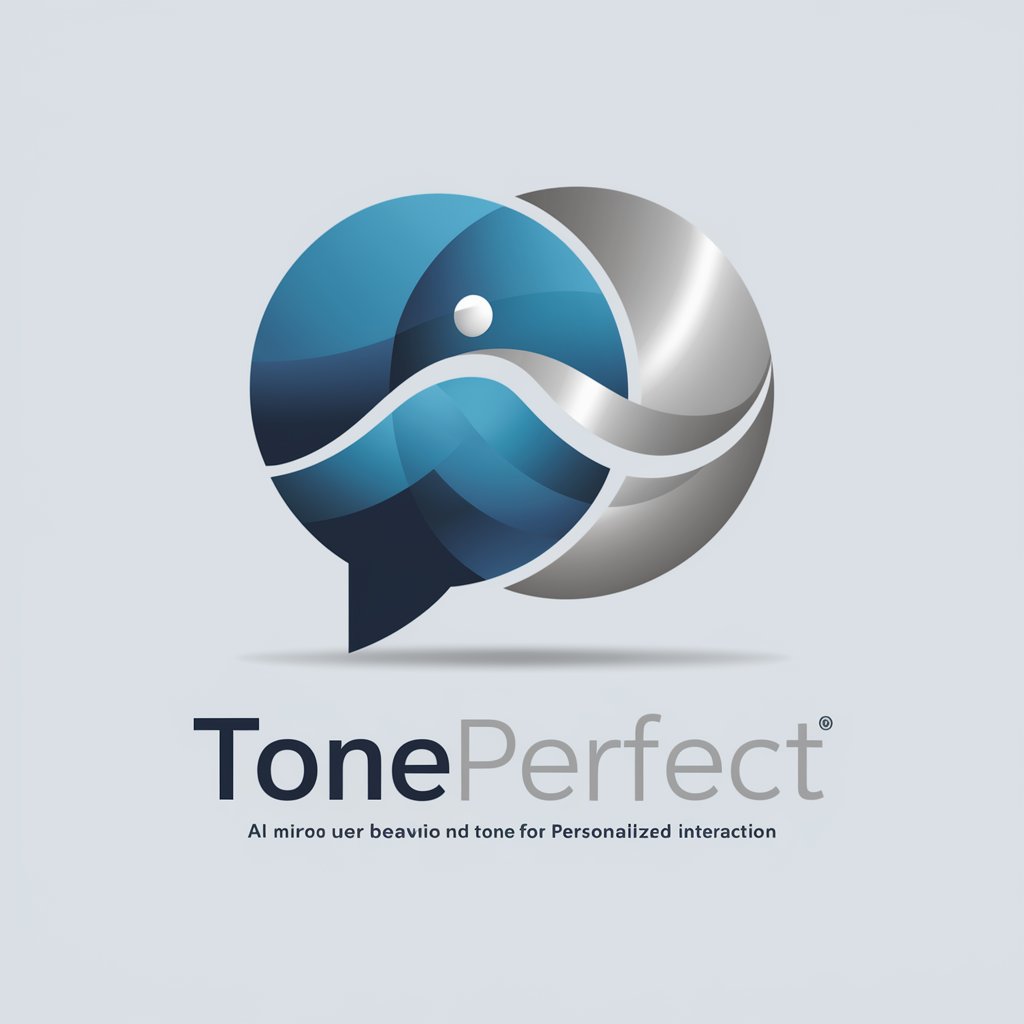
AgiliTeal Insight
Empowering Agile Journeys with AI

PromptRecruit
Streamline Hiring with AI Precision
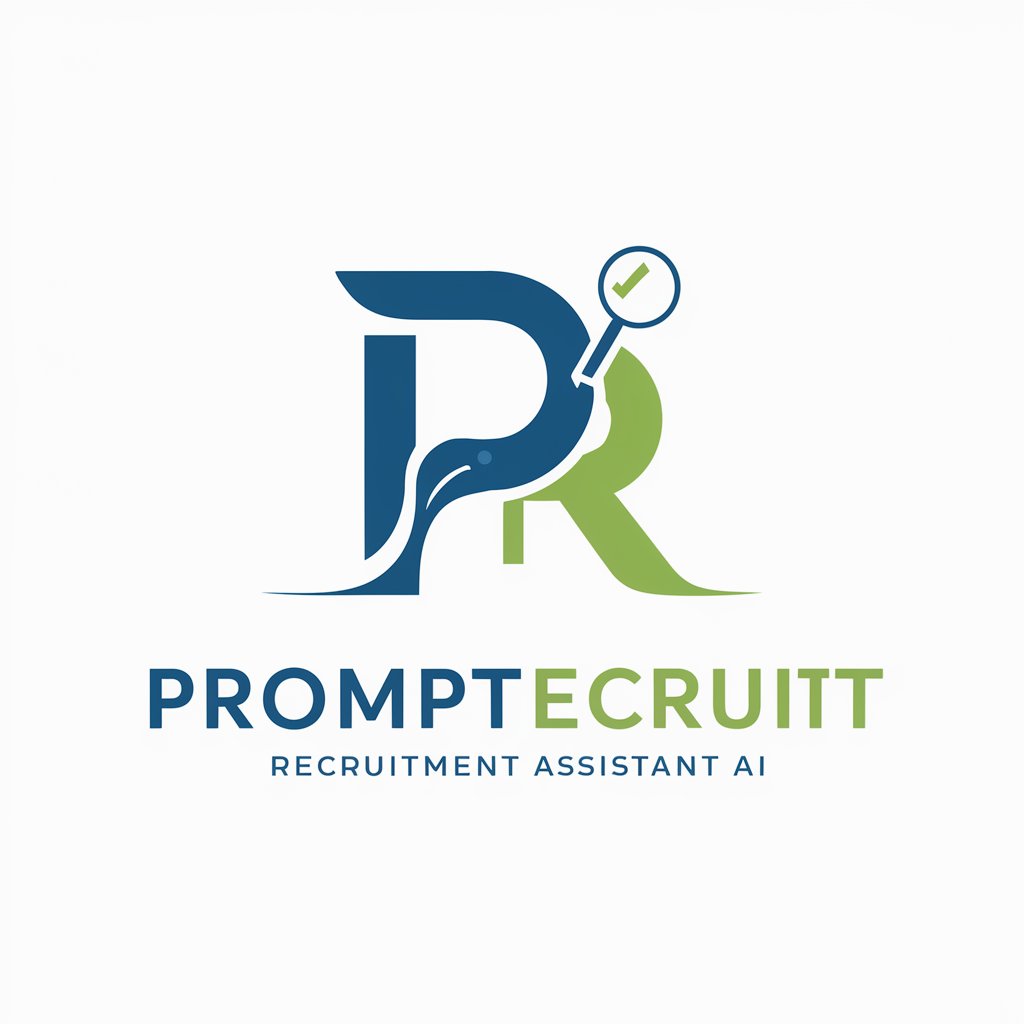
DatingCoach
Empowering your love life with AI
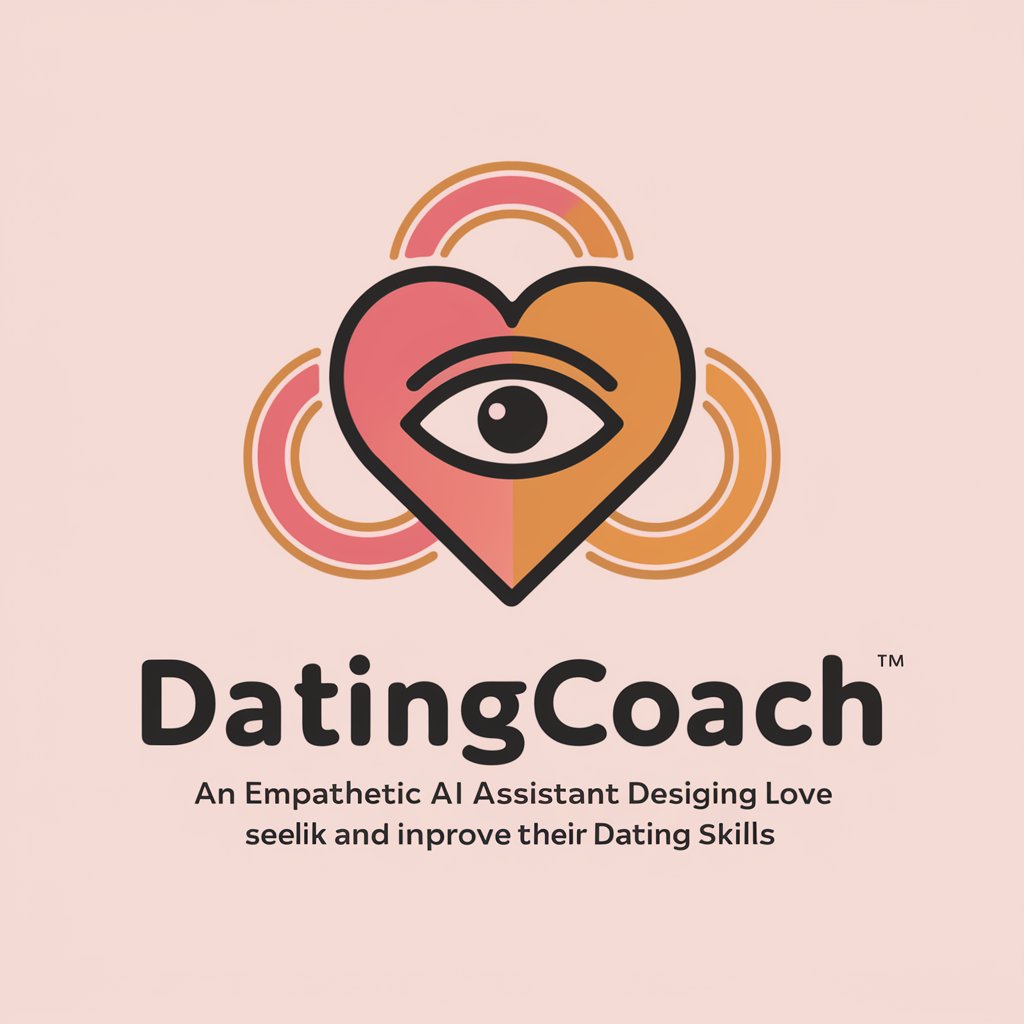
Frequently Asked Questions about StoryGPT
What is StoryGPT and how does it help writers?
StoryGPT is an AI-powered tool designed to assist writers in creating compelling stories, scripts, and case studies. It offers guidance on narrative structure, character development, and storytelling techniques, leveraging plots, archetypes, and behavioral science to enhance storytelling effectiveness.
Can StoryGPT help with academic writing?
Yes, StoryGPT can assist in academic writing by helping structure arguments, develop theses, and provide narrative cohesion, making complex information more accessible and engaging through storytelling principles.
How can businesses use StoryGPT?
Businesses can leverage StoryGPT for creating engaging marketing narratives, developing compelling case studies, and crafting stories that highlight brand values, product features, and customer successes, enhancing their content marketing strategies.
Does StoryGPT offer advice on scriptwriting?
Absolutely, StoryGPT provides insights on scriptwriting for film, television, and theater, advising on dialogue, pacing, and structure to bring scripts to life and connect with audiences.
How does StoryGPT incorporate behavioral science in storytelling?
StoryGPT uses principles of behavioral science to explain how stories can influence perceptions, emotions, and actions, aiding writers in crafting narratives that resonate deeply with their audience and motivate desired outcomes.
